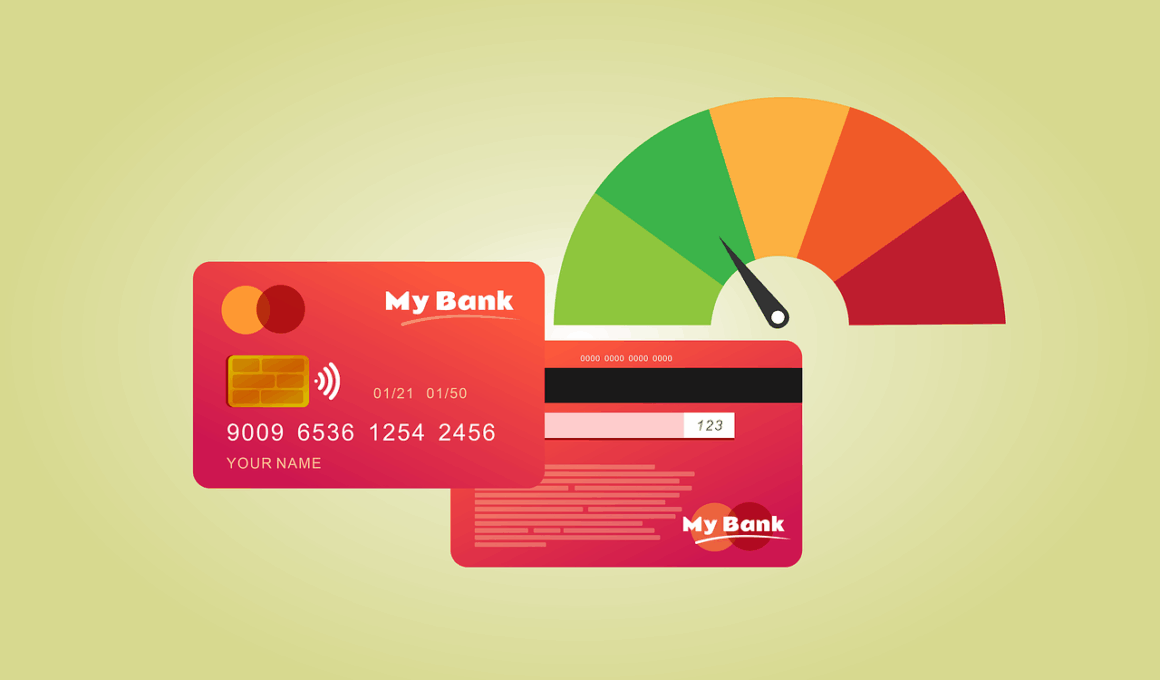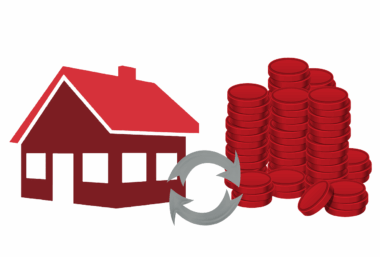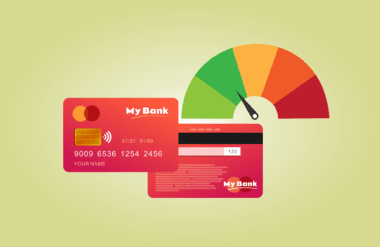The Effect of Late Payments on Your Credit Score
Understanding how late payments affect your credit score is vital for your financial health. Your credit score is a three-digit figure that reflects your creditworthiness based on various factors, including payment history. Payment history accounts for 35% of your total credit score, making it the most significant element. When you make a late payment, it can have a substantial impact on this crucial part of your credit profile. Lenders view late payments as a sign of risk, and your score can drop significantly, depending on how late the payment is. Payments that are 30 days late can lead to a drop of 60 to 110 points. This makes timely payments essential for maintaining a healthy score. In addition, the record of late payments can remain on your credit report for up to seven years. During this time, the effects of the late payment will be visible to potential lenders. Therefore, staying on top of your payment deadlines is crucial if you want to avoid any negative impact on your credit score and ensure you have access to the loans you need when you need them.
Another important aspect to consider is how different types of accounts may react to late payments. Credit cards, for example, tend to feel the effects more acutely than installment loans like car loans or mortgages. A single missed payment on a credit card can severely lower your score, while an installment loan payment might affect it slightly less. This is because credit card payments are usually weighed more heavily due to their revolving nature. If you fall behind on your credit card payments, the penalties are often steep, including increased interest rates. You may also face over-limit fees, which can further exacerbate your financial difficulties. It’s essential to manage these accounts carefully. Communication with lenders can sometimes lead to leniency if you explain your circumstances. Many creditors are willing to help, especially for first-time late payments. It’s worth reaching out to them to see if they can grant a one-time forgiveness or work out a deal that can help minimize damage to your score. Being proactive can lead you to better outcomes and long-term financial security.
Strategies to Avoid Late Payments
To mitigate the risk of late payments impacting your credit score, several proactive strategies can be employed. One of the simplest methods is to set up auto-payments for recurring bills. This ensures that your essential payments are made automatically on or before their due date. Most banks and lenders provide options to set this feature up, reducing the risk of human error. Another strategy is to keep a detailed calendar of payment due dates, which will help you stay organized and informed about when payments are expected. Additionally, consider using budgeting apps to manage your finances effectively. These apps can send reminders for upcoming payments and alert you to any overspending that may affect your ability to pay. If cash flow is momentarily strained, it’s best to pay at least the minimum amount due. Paying at least something can help mitigate damage to your score, preventing it from falling too drastically. Financial education is key, empowering you to make informed decisions and manage your accounts responsibly to avoid late payment pitfalls.
In many cases, realizing that you are about to miss a payment can help you take immediate action. Communicating with your creditor immediately when you foresee difficulties can also help. Many creditors offer hardship programs or flexible options for those experiencing unexpected financial strife. They may allow for extended payment timelines or reduced payments for a certain period. Making a late payment occasionally may not severely damage your credit score in the long run, especially if you maintain a good history otherwise. The better your score and history, the more margin for error you have. However, chronic late payments can shift your status from low risk to high risk in the eyes of lenders. Additionally, consistent issues may reflect poorly not just on your credit but also in terms of insurance premiums, employment backgrounds, and other financial opportunities. The impact of late payments extends beyond credit scores. Therefore, it’s crucial to develop solid financial habits that allow for timely payments to ensure long-term stability and growth.
Monitoring Your Credit Score
Regularly monitoring your credit score is an essential habit that can benefit you immensely. Many free services allow you to track your credit score and receive updates on changes. Understanding how your score is computed helps demystify what affects your financial health. By being aware of your score, you can catch discrepancies early and take corrective actions if necessary. These services often provide insights on your payment history and identify recent activities, including any late payments. If you identify late payments that weren’t made by you, this could indicate identity theft. Reporting such fraud immediately can help mitigate the damage and restore your credit. Furthermore, keeping tabs on your credit score helps you gauge improvements over time. Tracking your progress encourages responsible spending and timely payments. You are prevented from making the same mistakes repeatedly which can lead to significant reductions in your score. Awareness leads to better decision-making. The more you engage with your credit health, the more empowered you will feel while making financial decisions, allowing you to access better interest rates, loans, and credit in the future.
Another aspect to consider is the potential long-term repercussions of late payments. A dip in your credit score may also affect your eligibility for loans, credit cards, and rentals. You may find yourself facing higher interest rates and less favorable terms as lenders perceive you as a greater financial risk. This, in turn, can lead to a cycle of financial burden that is difficult to escape. If you experience multiple late payments over time, your credit utilization ratio could also be negatively influenced, which further skews your creditworthiness. In severe cases, patterns of late payments can lead to account closure or account defaults, which mark severe blemishes on your credit report. Always take proactive measures to ensure timely payments in order to avoid such scenarios. Building an emergency fund can help bolster your finances against unexpected expenses. Being financially proactive creates stability, allowing you to manage late payments more effectively if they occur. Reducing reliance on credit cards and managing your cash flow can further shield your credit score from adverse impacts. Healthy financial habits foster long-term fiscal responsibility and success.
Conclusion
In conclusion, being aware of the effect of late payments on your credit score is imperative for your financial success. They can drastically reduce your credit score, which could limit your financial options in the future. However, with proactive strategies in place, you can avoid the majority of issues that lead to late payments. Creating a budget, utilizing auto-pay systems, and maintaining constant awareness of your credit score can streamline your financial processes. Additionally, if late payments do occur, communicating effectively with your creditors can lessen the impact. They may be more understanding than you think. Incorporating healthy financial habits will not only improve your credit score over time but will also safeguard against long-term financial struggles. Remember that your credit score impacts various aspects of your life, including employment opportunities and rental agreements. Investing time into understanding and managing your credit can provide you with opportunities for lower interest rates on loans and an overall healthier financial status. By being informed and diligent, you can ensure that late payments don’t derail your financial goals.
Emotions run high when finances are at stake, and acknowledging the significance of your credit score requires intentional action. Late payments can be life-altering, yet awareness and the implementation of structured financial habits can transform your fiscal narrative. Many individuals experience financial difficulties, and it’s essential to remember that you are not alone in this journey. Utilizing resources available online, including financial coaching and budgeting tools, can further empower you. Embracing knowledge is the first step towards a healthier financial future. You will find yourself more inclined to ask for assistance when necessary, nurturing a positive trajectory on your credit score path. Ultimately, the aim is to achieve financial stability, while minimizing the repercussions of late payments. Building a support system, along with increasing your financial literacy, can change the way you approach your payments. The journey to a stellar credit score begins with small yet powerful steps. A focus on consistency can yield tremendous results. Taking each measure seriously, backed up by determination, you will find yourself overcoming the hurdles that late payments once presented. A bright financial future awaits those who strive for it.








